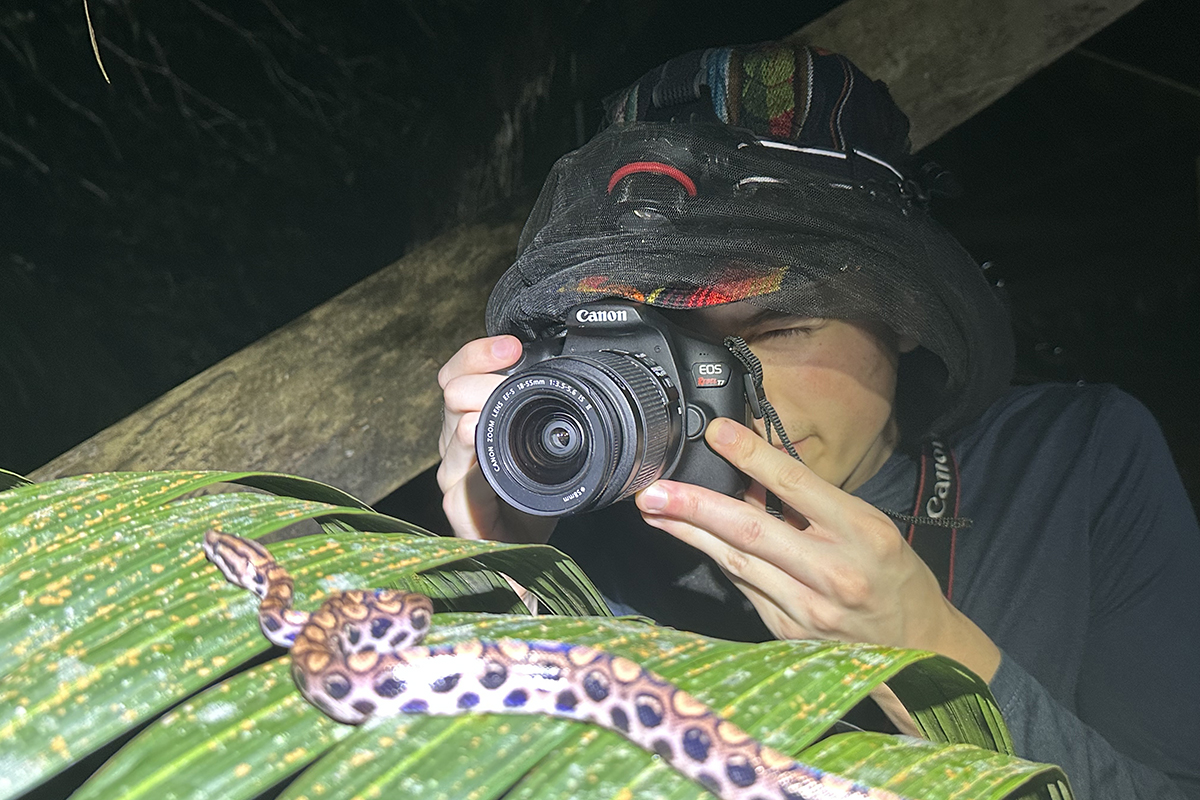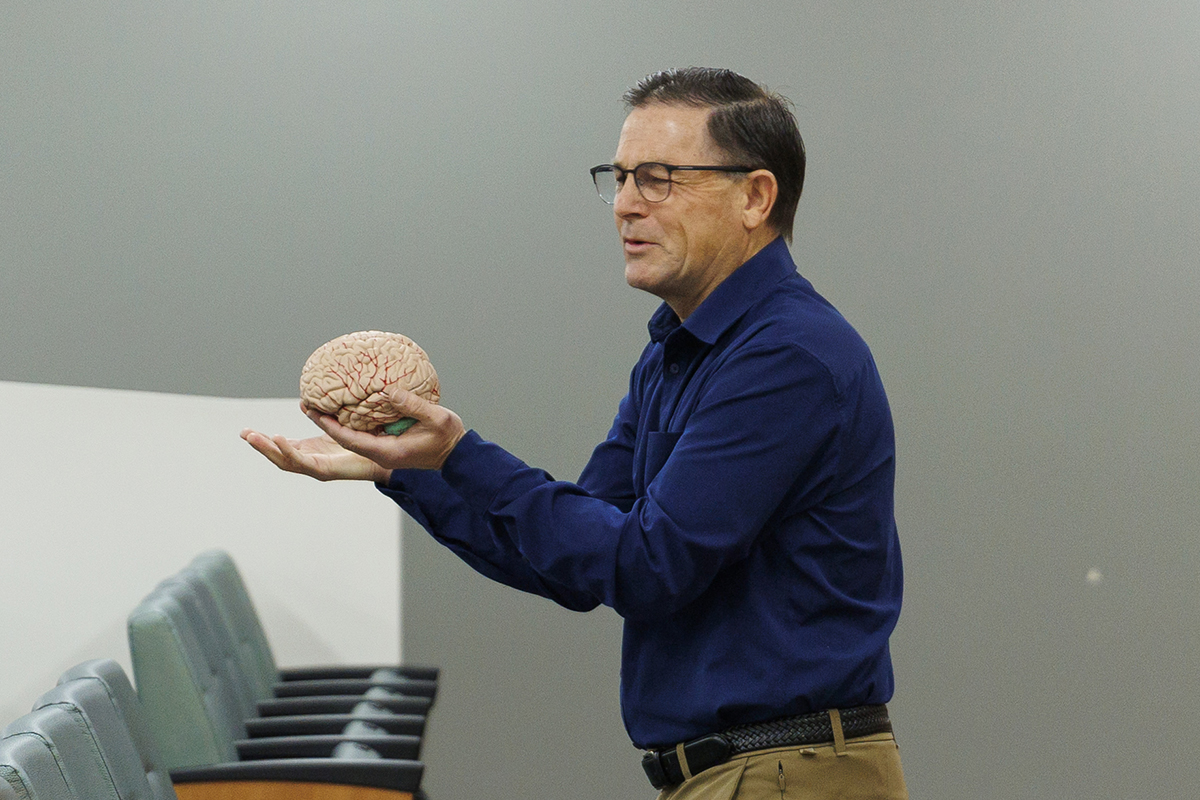DHS grant allows Liberty University business students to conduct research in fight against opioid epidemic
September 22, 2021 : By Ryan Klinker - Office of Communications & Public Engagement

For the last two years, a team of Liberty University School of Business faculty and students, led by Dr. Daniel O’Malley, residential chair for Computer Science, has utilized a grant from the Department of Homeland Security (DHS) to conduct research and develop a data-collection application in an effort to strengthen the United States’ fight against the ongoing opioid epidemic.
The project was funded through the DHS’ Criminal Investigations and Network Analysis (CINA) program, which partners with academic institutions.
O’Malley and his team began the process in early 2019 after seeing a report by the CDC stating that around 70,000 people in the U.S. died from an overdose in 2018, many of whom were living in the Appalachia region. He noted that the opioid epidemic has been caused by two contributors that the DHS has been focusing on: those who become addicted to opioids through prescribed medication and those who bring opioids into the country illegally.
“They’re focused on the flow side, how these drugs are coming into the country, and then also on the demand side of internal problems like poverty and prescription issues,” O’Malley explained. “The Department of Homeland Security is a law enforcement agency and one of their goals is to protect the border, and a lot of these opioids come in through the border.”
O’Malley chose to approach the issue by studying trends and activity on social media by state. By looking at what people are posting on these publicly available platforms, noting what words or phrases they’re using, and comparing them to a list of keywords linked to opioid usage, the goal was to anticipate what parts of the country would see an increase in opioid overdoses.
 “What we proposed that perhaps we could look at social media to be able to proactively determine where the next hotspot of drug activity would pop up,” O’Malley said. “It was basically seeing what the public chatter on social media is in a number of categories related to drug use and then trying to correlate that with overdoses over time.”
“What we proposed that perhaps we could look at social media to be able to proactively determine where the next hotspot of drug activity would pop up,” O’Malley said. “It was basically seeing what the public chatter on social media is in a number of categories related to drug use and then trying to correlate that with overdoses over time.”
With their work now concluded and the publication process underway, O’Malley said the team was successful in anticipating opioid increases in certain regions.
“The preliminary results show that we’re able to create models that accurately detected opioid hotspots in about half of the states, so we’re finishing that analysis now and we plan to publish those results soon,” he said.
In addition to these findings, the grant also supported the team in developing an application, the Criminal Predictive Analytic Platform (CPAP), that will soon be used by the DHS’ cybercrimes division to gather a large number of publicly available data sets in order to further predict geographic areas of future opioid abuse. Many of the 15 students who participated in the effort were in their senior year and used the creation of the app as their capstone project.
“We had about 15 students on three different teams develop different portions of the application, and it was a way to give them real-world experience while also working on a significant problem prior to graduation,” O’Malley said. “The students primarily built the user interface of the application, while the faculty did most of the analysis and the accompanying data pipeline.”
O’Malley described their work as an opportunity for Liberty’s students and faculty to play a part in the country’s efforts to reduce opioids’ ravaging effects on the U.S.
“It was a collaboration with multiple people here at Liberty with the idea of impacting the world positively and supporting law enforcement as well,” he said.


